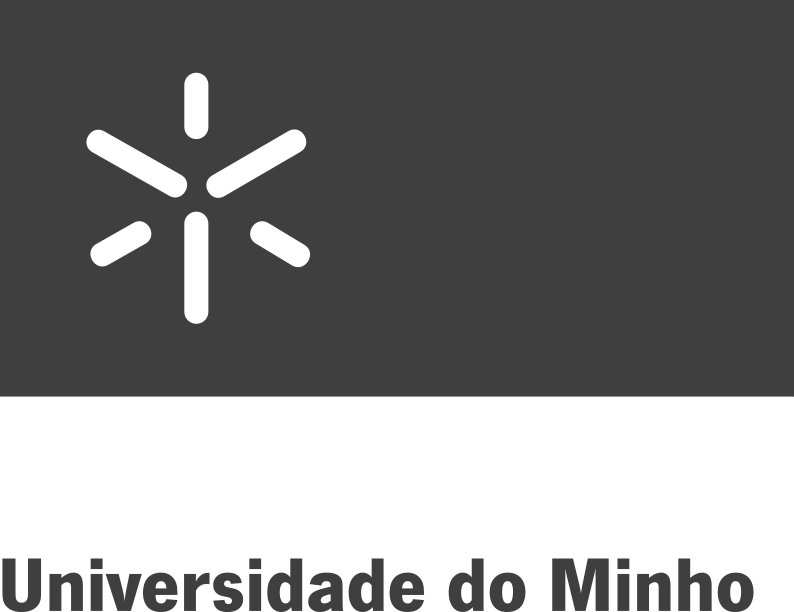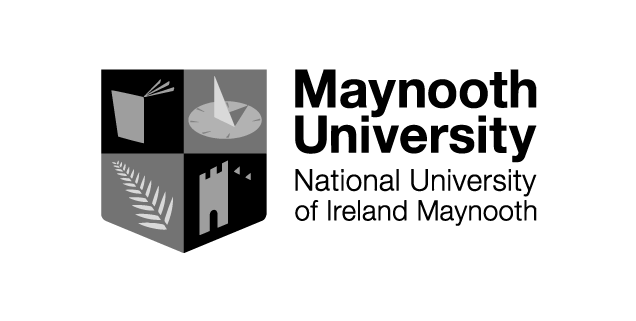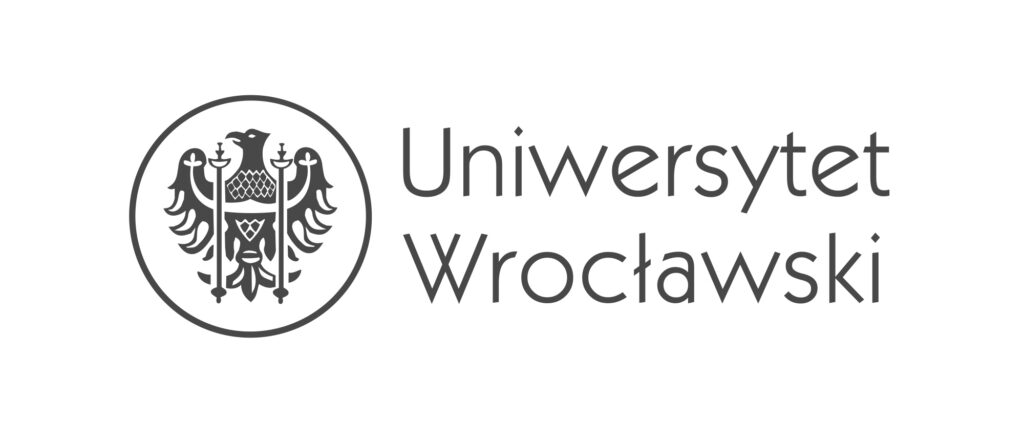The use of terminological resources by any end user should respect the conditions established by copyright and intellectual property laws. Similarly, since terminological work often involves data exchange, more specifically, the use of already existing term entries or the fusion of entries from different sources, all such activities should respect the original copyright. Furthermore, Arqus European Alliance adheres to the rules of conduct in the Code of Good Practice for Copyright in Terminology (Infoterm) concerning the exchange, collection, and use of terminological data.
Code of Good Practice for Copyright in Terminology
Where no bilateral agreements have been concluded to the contrary, the following general provisions shall apply as a code of good practice when importing, entering, or exchanging terminological data:
1. Originators’ intellectual property
1.1. Reference to the origin of terminological data shall be explicitly made whenever (all or subsets of) the data are reproduced (output) or passed on to third parties. This applies equally to individual items and to subsets of data from terminological entries or records.
1.2. Where the origin of large volumes of data is to be documented, a single reference to the source may be all that is required when the data are reproduced or transferred. In this case, however, the provider must ensure that the recipient of the data agrees to give due acknowledgement to the originator of the data in all cases.
1.3. Where terminological data have been obtained from an originator who also markets the data himself or herself, the originator’s consent shall be obtained where the data exchanged or taken over are made available to a third party in the form of complete entries or as parts of entries.
1.4. Data under copyright must not be passed on without the agreement of the originator. This does not refer to individual entries or a limited set of individual entries which are to be used for research or teaching purposes under the conditions of exemptions from copyright stipulations as they exist in the Berne Convention and its implementations at national level.
1.5. Financial agreements on licenses and royalties must be observed.
1.6. Institutions and organizations, in which large numbers of users have access to terminological data from an external source (i.e. the author{s} themselves or the economic rights holder{s}, such as a publishing house), are responsible for taking all necessary measures against uncontrolled downloading/copying which violates any rights claimed by the originator{s} or rights holders.
2. Data integrity
2.1. Measures to protect data integrity must be strictly observed and must not be deliberately violated (e. g. by introducing minor changes or by taking data out of context). However, the correction of typographic errors and other obvious mistakes is permissible where justified.







